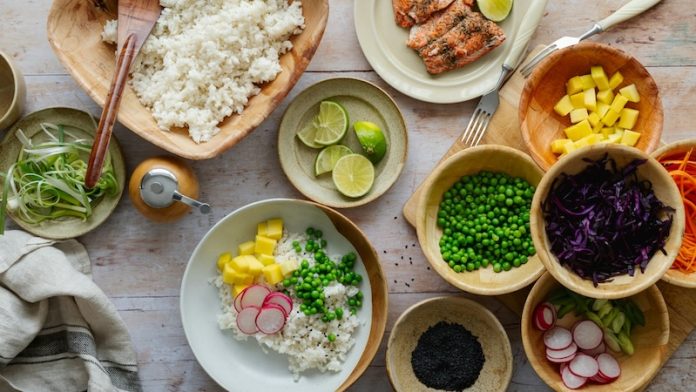
Fatty liver disease happens when too much fat builds up in the liver. This condition is common, especially among people who are overweight, have type 2 diabetes, or have unhealthy eating habits.
The good news is that in its early stages, fatty liver disease can often be reversed—mainly by changing what and how we eat. Scientific research clearly shows that diet plays the biggest role in healing the liver and reducing fat buildup.
There are two main types of fatty liver disease: alcoholic fatty liver disease, caused by heavy drinking, and non-alcoholic fatty liver disease (NAFLD), which is not related to alcohol use. NAFLD is now one of the most common liver diseases worldwide.
If left untreated, it can progress to a more serious form called non-alcoholic steatohepatitis (NASH), which involves liver inflammation and can lead to scarring, liver failure, or even liver cancer. Fortunately, early fatty liver disease often improves with healthy eating and weight loss.
Studies have shown that losing even a small amount of weight can help. A 2015 study published in Gastroenterologyfound that people who lost 5% of their body weight saw a significant reduction in liver fat.
Those who lost 7–10% had improvements in liver inflammation and scarring. The key to losing weight and reducing liver fat is not just eating less, but also eating the right kinds of food.
One of the most effective diets for fatty liver is the Mediterranean diet. This way of eating includes lots of vegetables, fruits, whole grains, nuts, legumes, olive oil, and fish. It limits red meat, processed foods, and sugary treats.
A 2017 clinical trial in Journal of Hepatology showed that people with fatty liver who followed the Mediterranean diet had lower liver fat levels and better insulin sensitivity, even without losing much weight.
Cutting back on sugar and refined carbohydrates is also important. Foods like white bread, pastries, sweet drinks, and candy can raise blood sugar and insulin levels, which makes the liver store more fat.
A study in Hepatology in 2012 showed that just reducing sugar intake—especially from sugary drinks—can significantly lower liver fat, even in the absence of weight loss. Drinking water instead of soft drinks or juices is one of the easiest and most powerful changes a person can make.
Protein is another important part of a liver-friendly diet. Eating enough lean protein from sources like chicken, fish, tofu, legumes, or low-fat dairy helps maintain muscle while losing fat. Fiber also plays a big role. Whole grains like oats, brown rice, quinoa, and high-fiber vegetables help control blood sugar and reduce fat storage in the liver.
It’s not just about what to eat—it’s also about what to avoid. Saturated fats, found in fatty meats, butter, cheese, and fried foods, should be limited. So should trans fats, which are often in packaged baked goods and fast food. These fats are linked to higher liver fat and more inflammation.
Some people ask about specific “superfoods” or supplements for fatty liver. While green tea, coffee (in moderate amounts), and omega-3 fatty acids from fish oil may help, the overall diet pattern is more important than any one food. The liver responds well to steady, long-term improvements in eating habits.
In summary, fatty liver disease can often be reversed through diet. A Mediterranean-style diet that’s high in plants, healthy fats, and lean proteins—along with reducing sugar, processed foods, and bad fats—can help heal the liver.
Even small changes make a difference, especially when they are part of a consistent and balanced eating routine. With the right food choices, the liver has a remarkable ability to recover.
If you care about liver health, please read studies that refined fiber is link to liver cancer, and the best and worst foods for liver health.
For more health information, please see recent studies about how to boost your liver naturally, and simple ways to detox your liver.
Copyright © 2025 Knowridge Science Report. All rights reserved.



